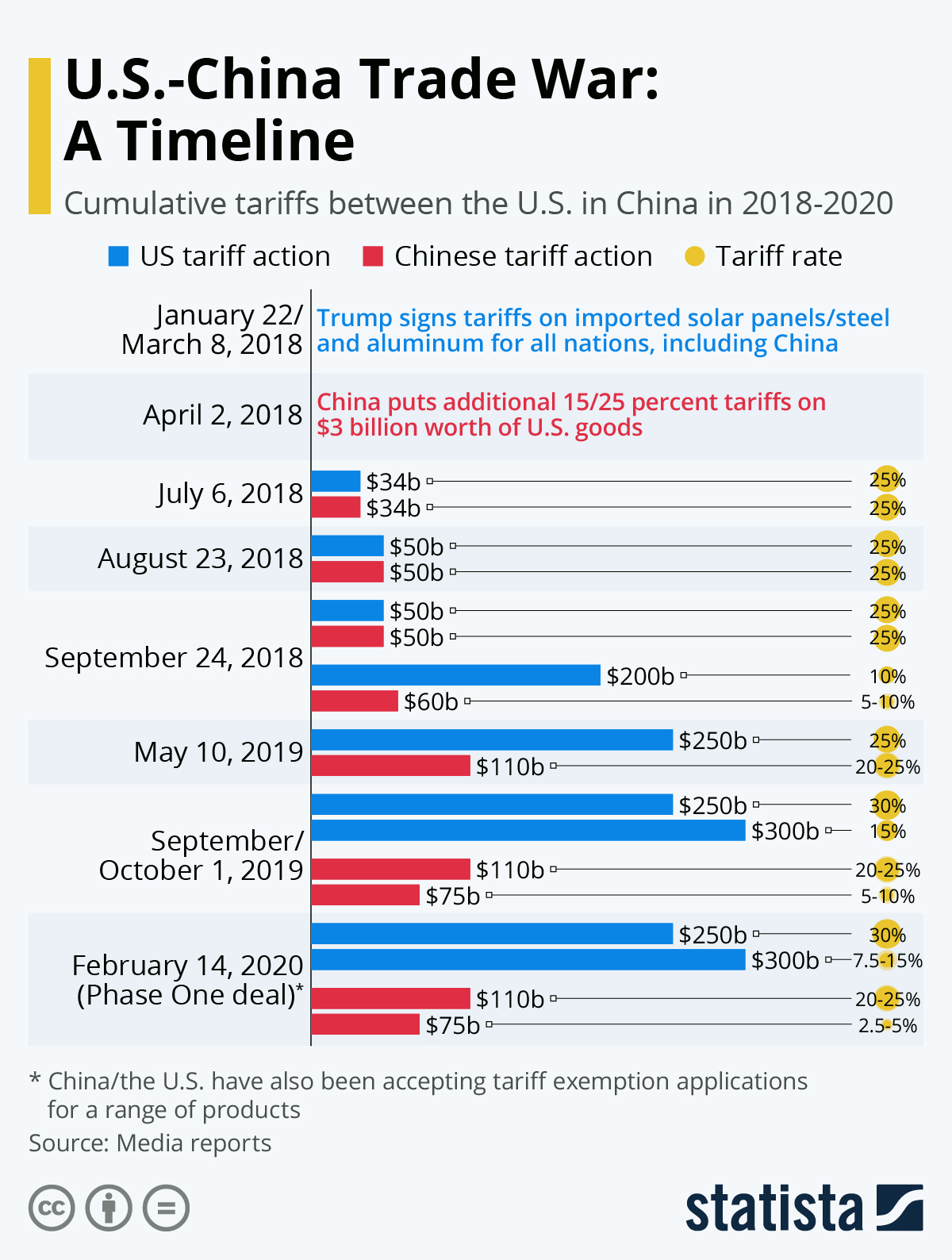The Future Of Apple AI: Innovation Or Stagnation?

Table of Contents
Apple's Current AI Landscape: Strengths and Weaknesses
Apple's current AI landscape is a mixed bag. While it enjoys a strong user base and a reputation for premium products, its AI advancements haven't always matched the pace of competitors like Google and Amazon.
Siri's Limitations and Opportunities:
Siri, Apple's AI-powered virtual assistant, is integrated into nearly every Apple device. However, it lags behind Google Assistant and Alexa in several key areas.
- Natural Language Processing (NLP): Siri often struggles with complex queries and nuanced language, failing to understand context as effectively as its competitors.
- Contextual Understanding: Maintaining context across multiple interactions remains a challenge for Siri. Users frequently need to re-state information.
- Proactive Assistance: Siri lacks the proactive assistance features seen in other voice assistants, failing to anticipate user needs and offer relevant suggestions.
However, Siri possesses significant opportunities for improvement. Integration with other Apple services like HomeKit (for smart home control) and Health (for personalized health insights) could dramatically enhance its functionality and utility. Significant improvements in Siri's NLP and contextual understanding would make it a more powerful and intuitive AI-powered virtual assistant, bringing it closer to competitors in voice assistant technology.
Apple's Machine Learning Advancements:
Despite Siri's shortcomings, Apple has made significant strides in machine learning. Its advancements are evident in:
- Image Recognition: The Photos app utilizes powerful image recognition AI, enabling efficient organization and searching of photos based on content.
- On-Device Processing: Apple prioritizes on-device machine learning, prioritizing user privacy by processing data locally rather than sending it to remote servers. This is a key differentiator in Apple's machine learning framework.
- Health Data Analysis: Apple's Health app utilizes machine learning to analyze health data, providing users with insights into their fitness and well-being. This data-driven approach to health data analytics shows clear potential.
Potential Future Directions for Apple AI
Apple's future AI endeavors could significantly reshape its technological landscape.
Augmented Reality and AI Synergy:
The synergy between augmented reality (AR) and AI is immense. Apple could leverage AI to create more immersive and intelligent AR experiences:
- Spatial Awareness: AI could enhance AR applications' understanding of the user's environment, enabling more accurate object placement and interaction.
- Object Recognition: AI-powered object recognition would enable AR apps to identify objects in real-time, unlocking new possibilities for interactive experiences. This integration of AI-powered AR could revolutionize Apple's AR offerings.
Privacy-Focused AI Development:
Apple's commitment to user privacy is a core tenet of its business philosophy, and this is likely to heavily influence its AI development strategy. On-device AI processing, differential privacy techniques, and a strong focus on data security are likely to remain paramount in shaping Apple's privacy-preserving AI approach. This focus differentiates Apple's AI from competitors who may prioritize data collection over privacy.
Expansion into New AI Applications:
Apple could expand its AI capabilities into various new domains:
- Self-Driving Technology (Apple Car): The rumored Apple Car project hints at a potential foray into autonomous driving, requiring advanced AI for navigation, obstacle detection, and decision-making.
- Advanced Healthcare Applications: Building upon its Health app, Apple could develop more sophisticated AI-powered healthcare applications for disease detection, personalized medicine, and remote patient monitoring.
- Enterprise AI Solutions: Catering to businesses, Apple could create AI-powered tools for productivity, data analysis, and workflow optimization. This expansion into enterprise AI solutions could unlock a significant new revenue stream.
Competitive Landscape and Potential Challenges for Apple AI
Apple faces a fierce competitive landscape in the AI arena.
Catching Up to Competitors:
Google, Amazon, and Microsoft have made substantial investments in AI, possessing significant advancements in natural language processing, computer vision, and other core AI technologies. Attracting and retaining top AI talent is crucial for Apple to close this gap. The AI competition is fierce, and Apple needs to invest heavily to catch up.
Balancing Innovation and Privacy:
The tension between developing advanced AI capabilities and maintaining user privacy presents a significant challenge. Apple must carefully navigate this delicate balance to preserve its reputation for privacy while simultaneously pushing the boundaries of AI innovation. This requires responsible AI development that prioritizes ethical considerations.
Conclusion: The Verdict on Apple's AI Future – Innovation or Stagnation?
Apple's AI future remains uncertain. While it possesses a strong foundation with its hardware and software ecosystem, and a commitment to privacy that differentiates its approach, it faces stiff competition and must overcome significant challenges in areas like natural language processing and proactive AI assistance. Its success will hinge on its ability to attract and retain top AI talent, continue its focus on privacy-preserving AI development, and successfully expand into new and innovative applications of its technology. The integration of AI into AR, the potential of an Apple Car, and further advancements in healthcare AI hold considerable promise. Apple's unique approach to privacy will likely continue to shape its future AI strategies.
What do you think the future holds for Apple AI? Share your predictions and insights in the comments below!

Featured Posts
-
 The Impact Of Trade Wars On Chinese Exports A Focus On Bubble Blasters And Similar Products
May 10, 2025
The Impact Of Trade Wars On Chinese Exports A Focus On Bubble Blasters And Similar Products
May 10, 2025 -
 Nyt Strands Game 403 Hints And Solutions For April 10th
May 10, 2025
Nyt Strands Game 403 Hints And Solutions For April 10th
May 10, 2025 -
 Wow High Potentials Finale Proves Its Potential
May 10, 2025
Wow High Potentials Finale Proves Its Potential
May 10, 2025 -
 Trumps Surgeon General Pick Casey Means And The Rise Of The Maha Movement
May 10, 2025
Trumps Surgeon General Pick Casey Means And The Rise Of The Maha Movement
May 10, 2025 -
 Debate Erupts Jeanine Pirros Dismissal Of Due Process In El Salvador Prison Transfers
May 10, 2025
Debate Erupts Jeanine Pirros Dismissal Of Due Process In El Salvador Prison Transfers
May 10, 2025
